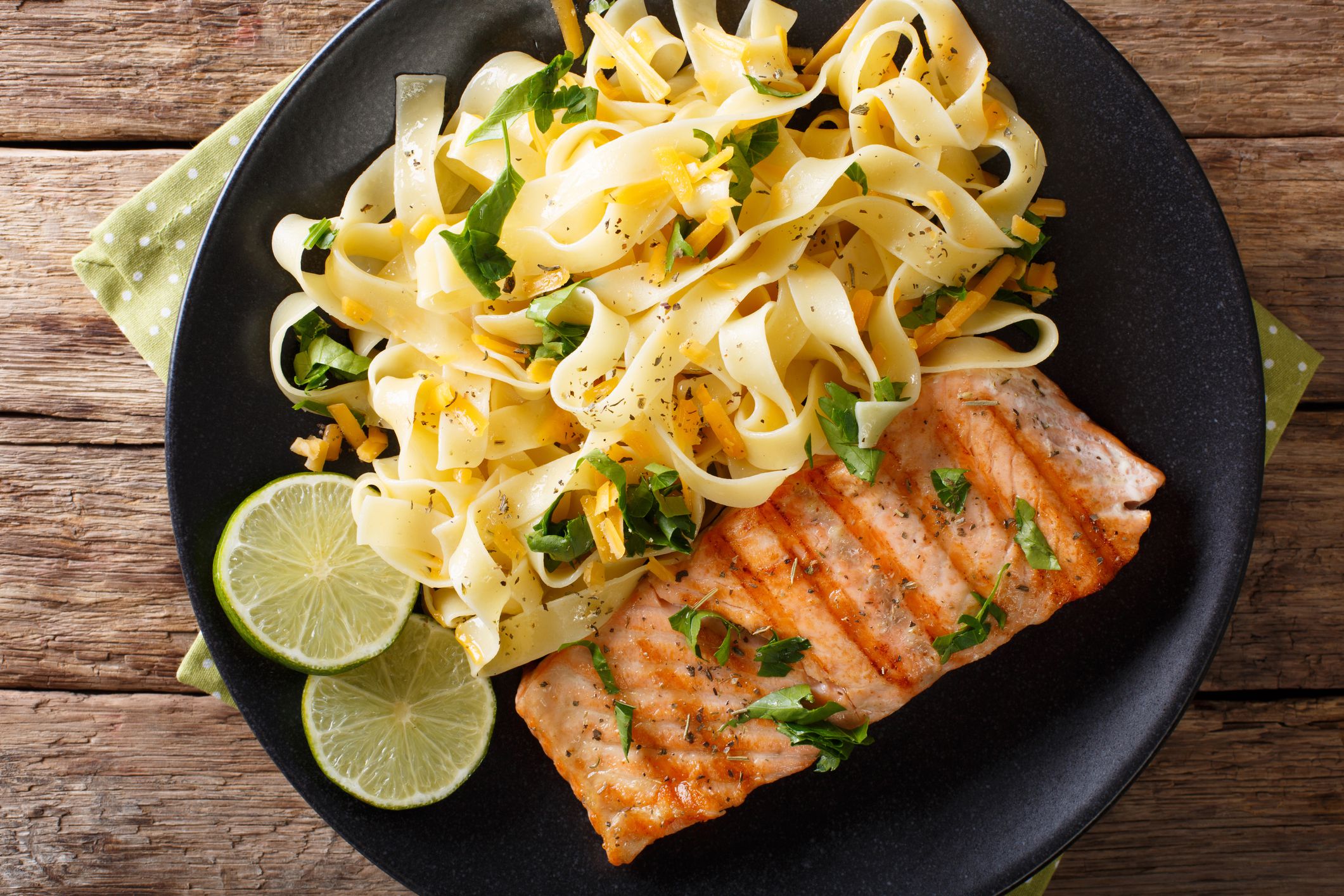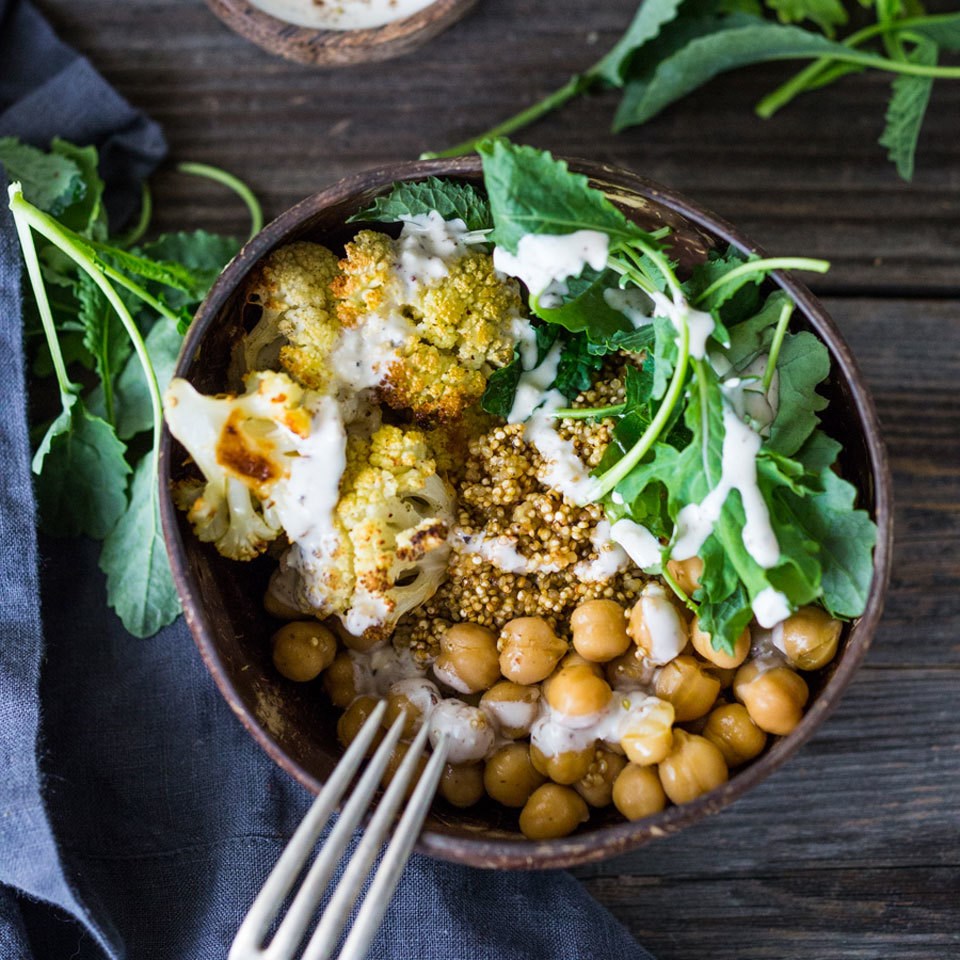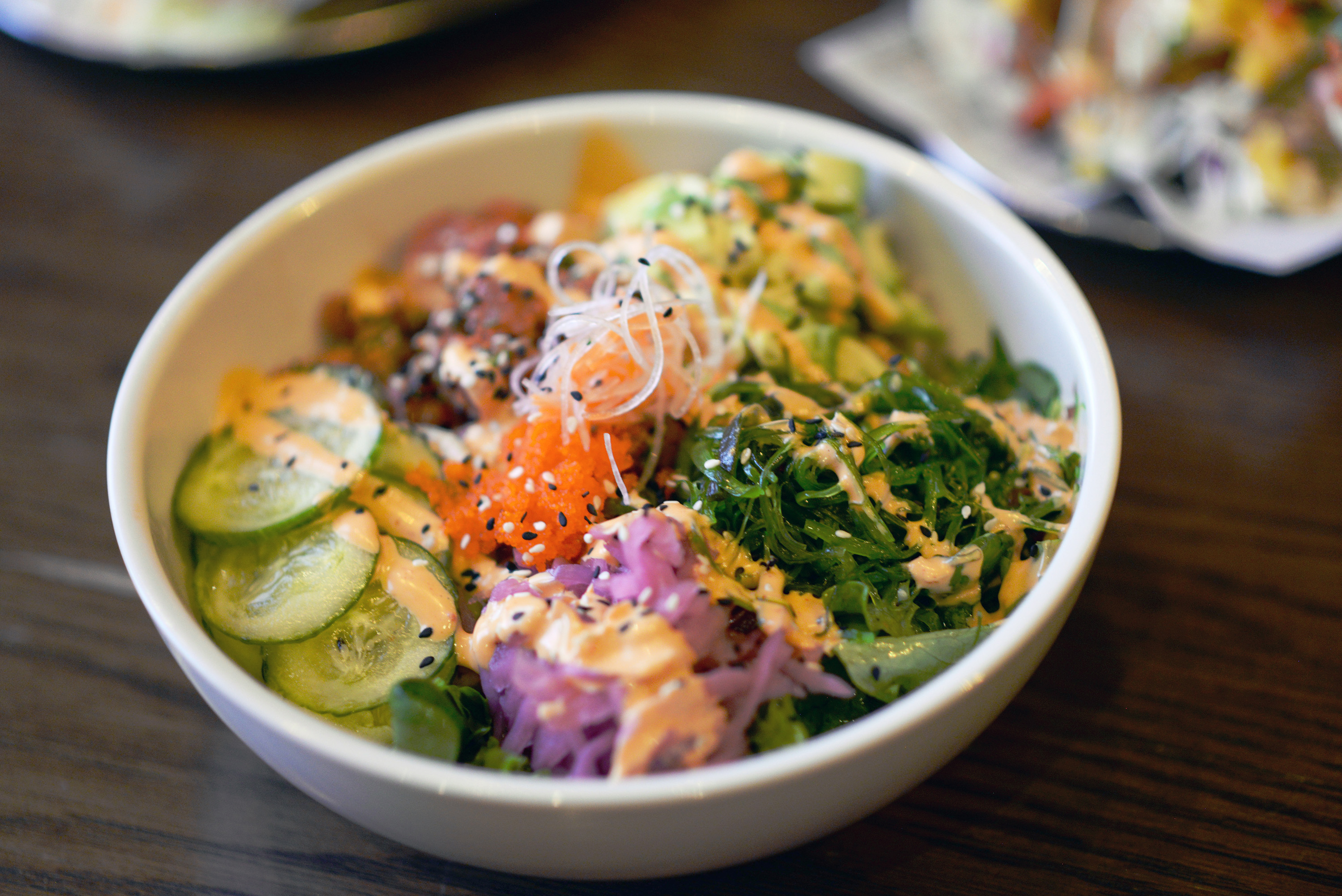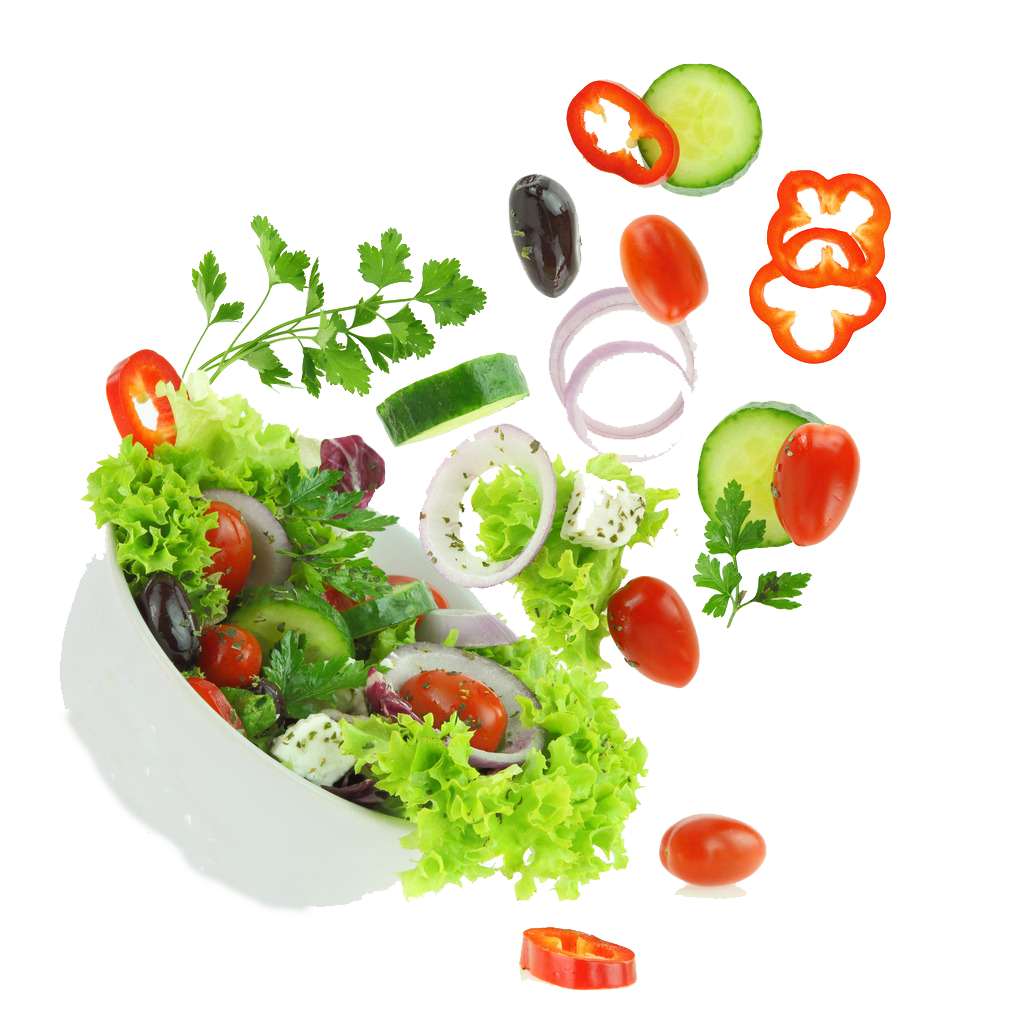Introduction
Wellness Recipes are dishes that prioritize health and wellbeing, using wholesome and nutrient-dense ingredients to create meals that nourish the body and promote overall wellness. These recipes often focus on incorporating natural, unprocessed foods that are rich in vitamins, minerals, and antioxidants, and limit or exclude processed ingredients, added sugars, and unhealthy fats.
The benefits of incorporating Wellness Recipes into one's diet are numerous. These recipes can help to improve energy levels, support healthy digestion, boost the immune system, and promote weight management. By incorporating nutrient-dense ingredients and limiting unhealthy additives, Wellness Recipes can also help to reduce the risk of chronic diseases, such as heart disease, diabetes, and cancer. Additionally, these recipes can be a great way to explore new and flavorful ways to eat healthy, promoting a lifelong commitment to healthy eating habits.

OUR WELLNESS RECIPES

NUTRITION
Here are some examples of nutrient-dense foods we have incorporated into our wellness menu
Leafy greens like kale and spinach are packed with vitamins A, C, and K, as well as calcium, iron, and fiber. These greens also contain powerful antioxidants that can help to reduce inflammation in the body.
Berries like blueberries, strawberries, and raspberries are high in antioxidants and fiber, as well as vitamins C and K. These fruits can help to support healthy aging, reduce inflammation, and improve cognitive function.
Nuts and seeds like almonds, walnuts, chia seeds, and flaxseeds are rich in healthy fats, fiber, and protein. They also contain vitamins and minerals like vitamin E, magnesium, and zinc, which can help to support heart health and reduce inflammation.
Whole grains like quinoa, brown rice, and whole wheat bread are rich in fiber, protein, and essential nutrients like iron and B vitamins. They can help to support healthy digestion, regulate blood sugar levels, and reduce the risk of chronic diseases.
Fatty fish like salmon and tuna are high in omega-3 fatty acids, which can help to reduce inflammation and support heart health. These fish are also a good source of protein and vitamins like vitamin D.
Colorful vegetables like carrots, sweet potatoes, and bell peppers are rich in vitamins A and C, as well as fiber and antioxidants. They can help to support healthy vision, reduce inflammation, and improve immune function.
Tips We Keep in Mind While Cooking Your Food That You Can Use Too
Use herbs and spices to add flavor without adding salt or sugar. For example, try using fresh herbs like parsley or cilantro, or spices like cumin or turmeric, to enhance the flavor of your dishes.
When cooking grains like quinoa or brown rice, use a 2:1 ratio of water to grain and simmer for 15-20 minutes until fully cooked. You can also add herbs or spices to the cooking water for added flavor.
Legumes like lentils or chickpeas can be cooked in a similar way to grains. Soak overnight, then simmer in water for 30-40 minutes until tender. Legumes are a great source of plant-based protein and fiber.
When meal prepping for the week, prepare ingredients like grains, roasted vegetables, or cooked protein in advance to save time during the week. Store ingredients in separate containers and combine as needed for meals.
Experiment with new recipes and cooking techniques to keep things interesting. Try roasting vegetables for added flavor and texture, or grilling lean proteins like chicken or fish for a healthy and satisfying meal.
When using oils for cooking, choose heart-healthy options like olive oil or avocado oil. These oils are high in monounsaturated and polyunsaturated fats, which can help to reduce inflammation and support heart health.
Don't be afraid to customize recipes to your personal taste preferences. Adjust seasoning or add ingredients like nuts, seeds, or dried fruit to make a recipe your own.

